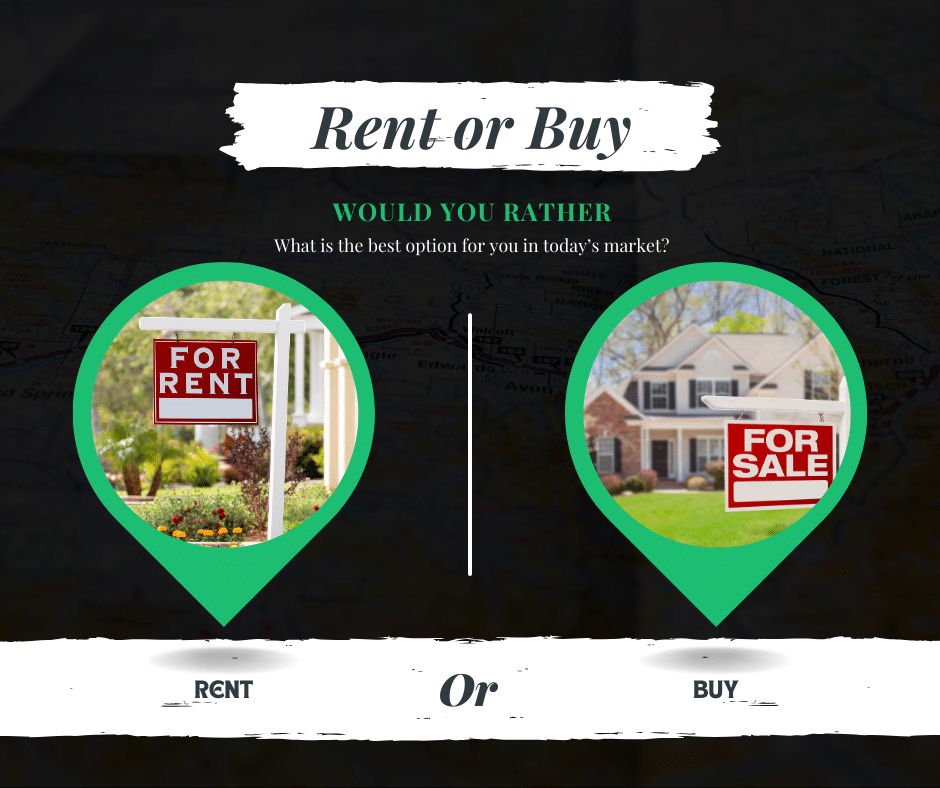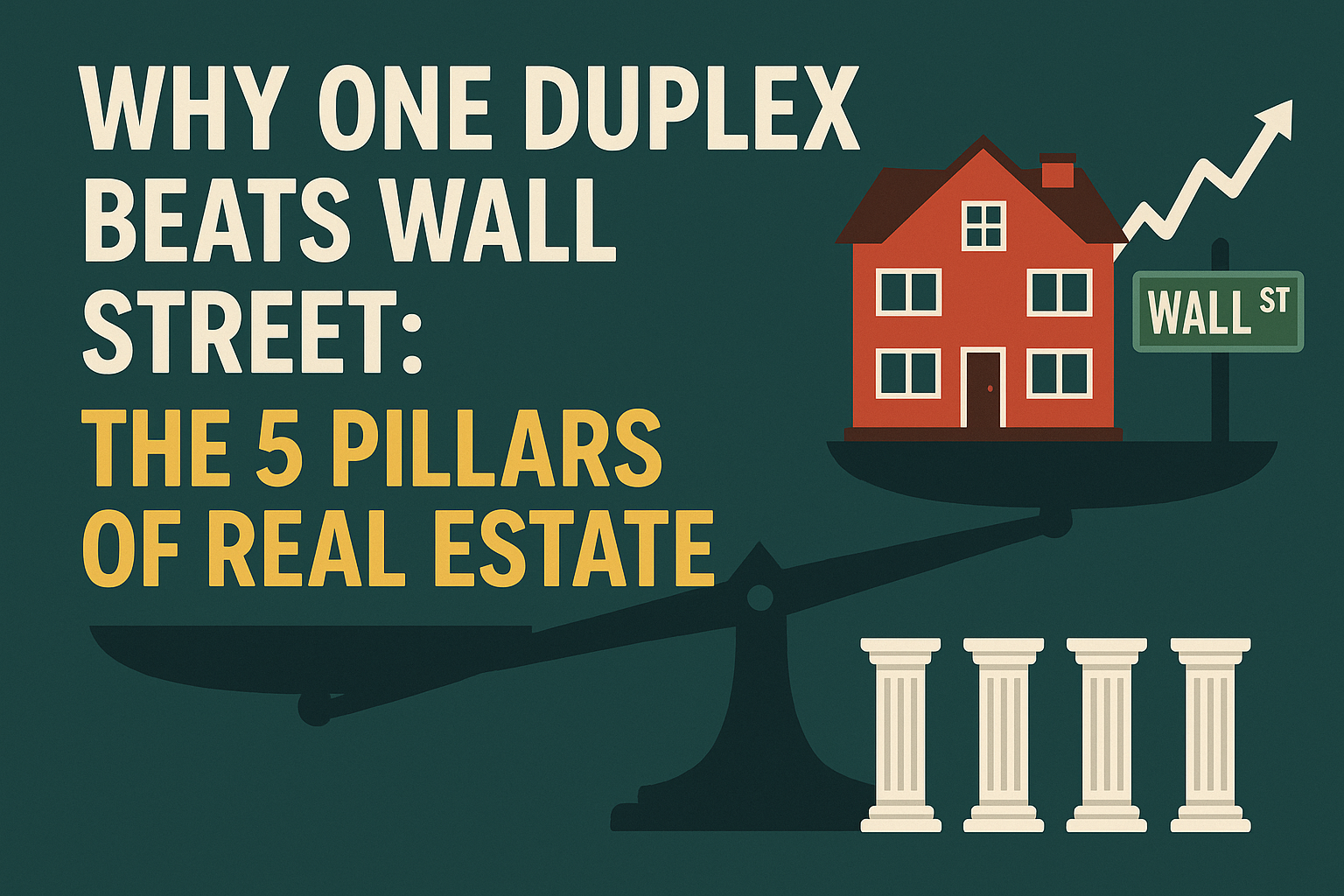1. Introduction
In today’s competitive market, determining whether to rent or buy a property can be a daunting decision. This is especially true in a city like Chattanooga, TN, where the real estate market is booming and prices are on the rise. With so many factors to consider – from financial stability to lifestyle preferences – it’s important to have a clear understanding of the pros and cons of each option. In this ultimate guide, we will explore the key considerations when deciding between renting or buying in Chattanooga, TN, providing you with the information you need to make an informed and confident choice.
2. Understanding the current market trends
Understanding the current market trends is crucial when deciding whether to rent or buy in today’s competitive market. Chattanooga, TN, has experienced a significant increase in property prices in recent years, making it a seller’s market. This means that buying a property may require a larger investment upfront, but it also offers the potential for long-term appreciation. On the other hand, renting provides flexibility and a lower initial cost, making it an attractive option for those who value freedom and don’t want to be tied down to a particular location. By keeping a close eye on the market trends, you can assess whether it’s a good time to buy or if it’s more advantageous to rent in Chattanooga, TN.

3. Advantages and disadvantages of renting
3. Advantages and Disadvantages of Renting
Renting a property in today’s competitive market has its fair share of advantages and disadvantages. It’s important to consider these factors before making a decision.
Advantages:
– Flexibility: Renting gives you the freedom to move whenever your lease ends, allowing you to explore different neighborhoods or cities without being tied down to a specific location.
– Lower initial cost: Renting typically requires a smaller upfront investment compared to buying, as you don’t have to worry about a down payment or closing costs.
– Maintenance and repairs: As a renter, you are not responsible for major repairs or maintenance costs, which can often be expensive and time-consuming.
Disadvantages:
– Lack of equity: Unlike homeownership, renting does not offer the potential for long-term appreciation. You won’t build equity or be able to benefit from property value increases.
– Limited control: As a renter, you have to abide by the rules and restrictions set by the landlord. This may limit your ability to make changes or personalize your living space.
– Potential rent increases: Landlords can increase rent at the end of your lease term, which might affect your budget and long-term financial planning.
Analyzing these advantages and disadvantages can help you determine whether renting is the right choice for you in Chattanooga, TN’s competitive market. In the next section, we will discuss the advantages and disadvantages of buying a property in this market.
4. Advantages and disadvantages of buying
4. Advantages and disadvantages of buying
Buying a property in today’s competitive market also comes with its own set of advantages and disadvantages. It’s essential to weigh these factors before making a decision.
Advantages:
– Building equity: Unlike renting, buying a property allows you to build equity over time. As you make mortgage payments, you are essentially investing in your own property and can benefit from any appreciation in its value.
– Stability: Owning a home provides a sense of stability and security. You don’t have to worry about landlords or lease renewals, and you have the freedom to make changes and personalize your living space as you wish.
– Potential tax benefits: Homeownership can provide tax advantages, such as deducting mortgage interest and property taxes, which can help reduce your overall tax liability.
Disadvantages:
– Higher upfront costs: When buying a property, you will typically need to provide a down payment, and there may be closing costs involved. These initial expenses can be substantial and may require careful financial planning.
– Responsibility for maintenance and repairs: Unlike renting, homeowners are responsible for all maintenance and repair costs. This can be both time-consuming and expensive, especially for major repairs such as a new roof or HVAC system.
– Limited flexibility: Buying a property is a long-term commitment, and liquidating your investment can be challenging and time-consuming. If you anticipate needing to relocate frequently, renting may offer more flexibility.
Considering these advantages and disadvantages will help you make an informed decision about whether buying a property is the right choice for you in today’s competitive market. In the following section, we will explore some key factors to consider when deciding between renting and buying.
5. Analyzing your financial situation
5. Analyzing your financial situation
One of the most important factors to consider when deciding whether to rent or buy in today’s competitive market is your financial situation. Before making a decision, it’s crucial to take a deep dive into your finances and determine what you can realistically afford.
Start by examining your income sources and calculating your monthly budget. Consider all your financial obligations, such as bills, debts, and other expenses. This will give you a clear picture of how much you can allocate towards housing costs.
Next, consider the upfront costs and ongoing expenses associated with buying a property. As mentioned earlier, buying a property requires a down payment and potential closing costs. Additionally, you’ll need to budget for property taxes, homeowner’s insurance, and ongoing maintenance and repairs. Make sure to factor in all these expenses when analyzing your financial situation.
On the other hand, renting typically involves lower upfront costs, as you usually only need to pay a security deposit and the first month’s rent. However, rental prices can vary significantly depending on the location and the property’s amenities. It’s essential to research rental prices in your desired area to determine if it aligns with your budget.
Once you have a clear understanding of your financial situation, you can make a more informed decision about whether renting or buying is the right choice for you in today’s competitive market. In the next section, we will discuss the importance of location and market trends in your decision-making process.
6. Weighing the options and making an informed decision
6. Weighing the options and making an informed decision
Now that you have thoroughly analyzed your financial situation, it’s time to weigh the options and make an informed decision about renting or buying in today’s competitive market.
Consider your long-term goals and lifestyle preferences. Are you looking for stability and the ability to customize your living space? If so, buying a property may be the better choice for you. Homeownership offers the opportunity to build equity and establish roots in a community. However, keep in mind that buying a property requires a long-term commitment and a willingness to handle the responsibilities of homeownership.
On the other hand, if flexibility and the ability to easily relocate are important to you, then renting might be more suitable. Renting provides the freedom to explore different neighborhoods and adjust your living arrangements as your needs change. However, keep in mind that renting does not offer the same long-term financial benefits as buying.
Additionally, consider the current market trends and conditions. Are home prices skyrocketing in your desired area, making it difficult to find an affordable property? If so, renting may be a more viable option until the market stabilizes. Conversely, if interest rates are low, it could be a favorable time to buy, as you might get a competitive mortgage rate.
Ultimately, the decision between renting and buying in today’s competitive market depends on your individual circumstances and priorities. Take into account the financial aspects, as well as your long-term goals and market conditions, to ensure you make the right choice for yourself.
In the next section, we will discuss the importance of conducting thorough research and seeking professional advice before finalizing your decision.
7. Seeking professional advice
7. Seeking professional advice
When it comes to making such a significant decision as renting or buying in today’s competitive market, seeking professional advice is crucial. While you may have done your own research and considered your personal circumstances, the expertise of professionals can provide valuable insights and guidance.
Start by consulting with a reputable real estate agent or a mortgage broker. They have a wealth of knowledge about the market and can help you understand the current trends, navigate through the complexities of the process, and provide guidance specific to your situation. They can assess your financial health, discuss potential loan options, and help you determine how much you can afford.
Consider reaching out to a financial advisor as well. They can provide a holistic view of your financial situation and advise on the long-term implications of renting or buying. They can also help you determine the impact on your overall financial goals, such as saving for retirement or paying off debt.
Additionally, speaking with individuals who have experience in both renting and buying can offer valuable perspectives. Seek out friends, family members, or colleagues who have recently rented or purchased a home. Their firsthand experiences can provide insights into the challenges, benefits, and aspects to consider that you may not have thought of.
Remember that professional advice should be used as a complement to your research and personal considerations. It is ultimately your decision, and the professionals you consult can provide guidance, but the final choice is yours to make.
In the next and final section, we will conclude our ultimate guide by highlighting the importance of regularly reassessing your decision and being open to adjustments as your circumstances and preferences change. Stay tuned for our final words of advice!
8. Conclusion: Choosing what’s best for you
In this ultimate guide to renting or buying in today’s competitive market, we have explored the various factors to consider when making this significant decision. From analyzing the current market trends to assessing your financial health, seeking professional advice and considering firsthand experiences, you now have a wealth of information at your fingertips.
However, it is important to remember that ultimately, the decision of whether to rent or buy lies with you. No one knows your personal circumstances and preferences better than you do. While professional advice and the experiences of others can be valuable, it is crucial to make a choice that aligns with your long-term goals and aspirations.
Once you have made your decision, it is essential to regularly reassess your choice. As your circumstances change and your preferences evolve, what was once the right choice for you may no longer be the best option. Stay open to adjustments and be proactive in reviewing your decision periodically to ensure that it continues to meet your needs and goals.
We hope that this ultimate guide has provided you with the information and guidance you need to make an informed decision in today’s competitive market. Remember, renting or buying is a personal choice, and by considering all the factors discussed, you can choose what is truly best for you.






